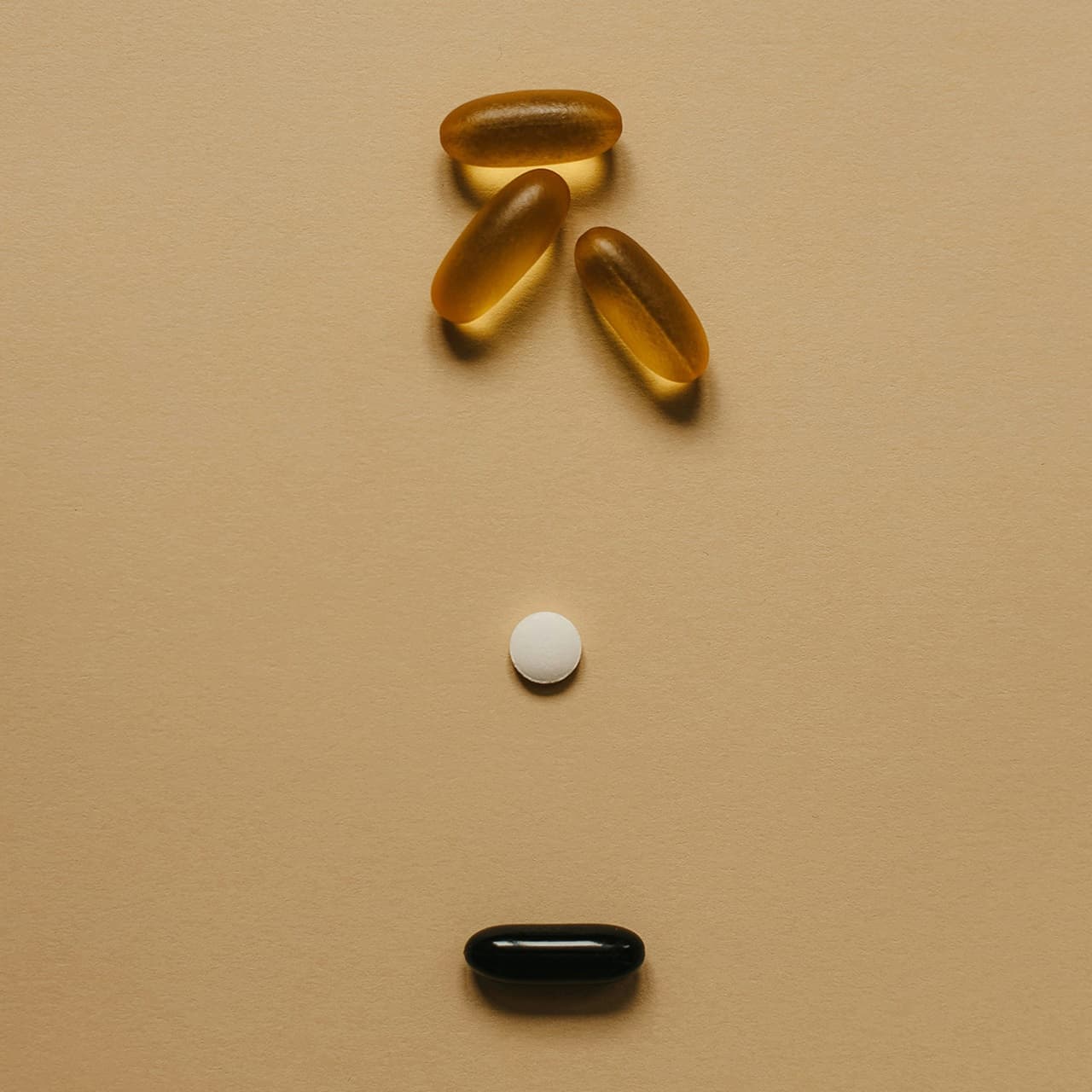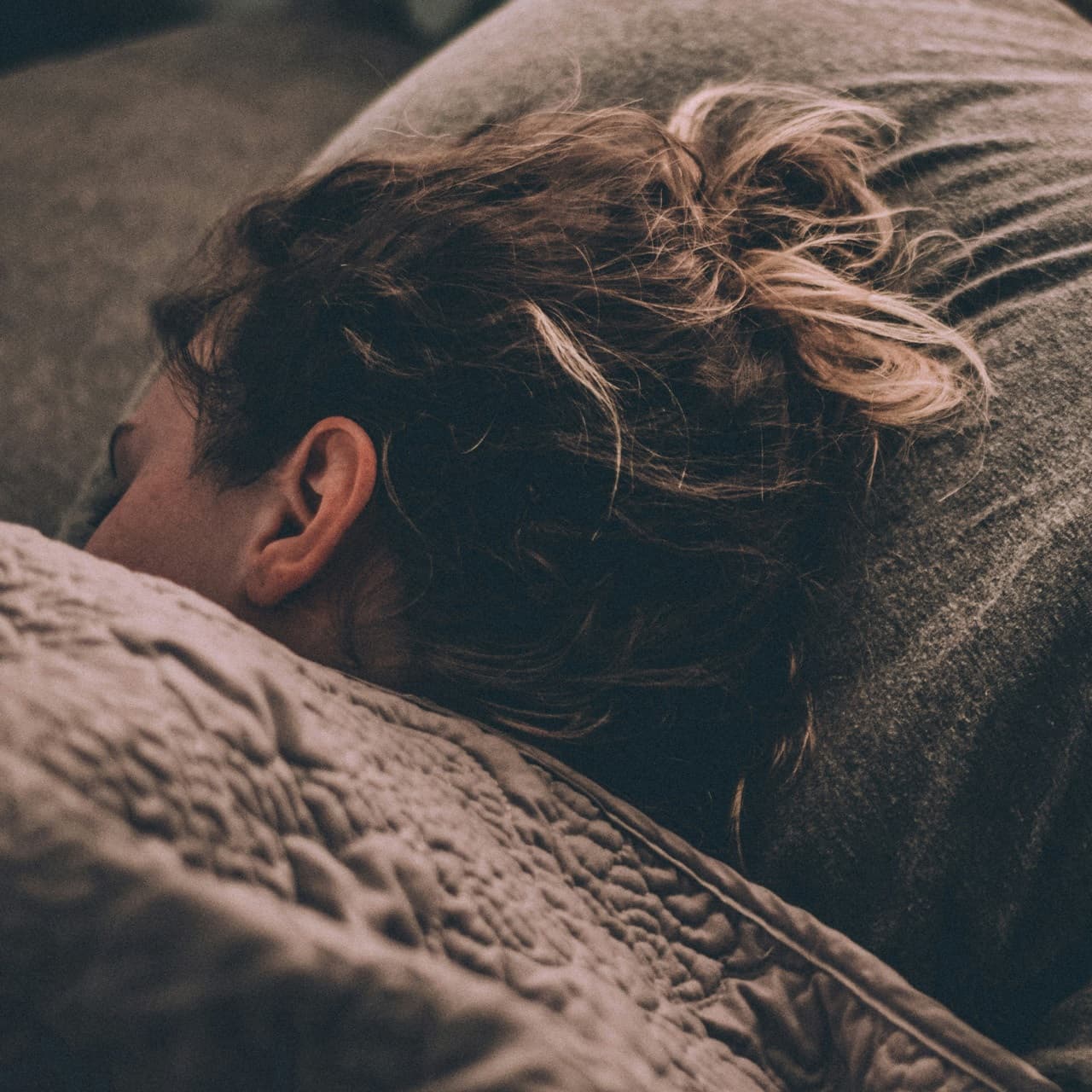Navigating menopause often brings a host of challenges, with sleep disturbances being among the most common. Hormonal fluctuations can lead to insomnia, night sweats, and fragmented sleep, leaving many women searching for relief. Sleep specialist Dr. Andrea Matsumura offers guidance on supplements that may aid in achieving restful sleep during this transitional phase.
Recommended Supplements for Better Sleep
1. Melatonin
Melatonin is a hormone that regulates the sleep-wake cycle. Dr. Matsumura emphasizes its role as a “clock starter,” particularly beneficial for those experiencing delayed sleep phases. She advises that melatonin is most effective when taken 1–2 hours before bedtime and cautions against high doses, recommending starting with 0.5 to 1 mg to mimic the body’s natural production.
2. Magnesium
Magnesium supports muscle relaxation and nervous system function. Dr. Matsumura suggests that magnesium glycinate or citrate forms can be helpful for sleep, especially when taken in the evening.
3. L-theanine
L-theanine increases GABA, an inhibitory neurotransmitter that works in the brain to increase relaxation. I can also increase serotonin and dopamine, which also promote relaxation. L-theanine does not induce sleepiness but works by promoting a state of calm and relaxation.
Supplements to Approach with Caution
1. Over-the-Counter Sleep Aids
Many OTC sleep aids contain antihistamines like diphenhydramine, which can cause next-day drowsiness and have been shown to affect memory. Sleep aids containing this are not recommended for long-term use. Dr. Matsumura advises against relying on these medications as a primary sleep solution.
2. Prescription Sleep Medications
While medications like benzodiazepines (lorazepam, temazepam, clonazepam, diazepam, and alprazolam) and benzodiazepine like receptor agonists (Ambien, Sonata, and Lunesta) may be prescribed for short-term insomnia, Dr. Matsumura cautions that they are not intended for long-term use due to risks of dependence and side effects. She recommends exploring non-pharmacological interventions first.
Holistic Approaches to Sleep
Dr. Matsumura emphasizes that supplements should complement, not replace, foundational sleep practices. She recommends:
- Consistent Sleep Schedule: Going to bed and waking up at the same time daily helps regulate the body’s internal clock.
- Sleep Environment: Creating a cool, dark, and quiet bedroom can enhance sleep quality.
- Relaxation Techniques: Incorporating activities like deep breathing, meditation, or gentle stretching before bed can promote relaxation.
- Limiting Stimulants: Reducing intake of caffeine and alcohol, especially in the evening, can prevent sleep disturbances.
For persistent sleep issues, Dr. Matsumura highlights Cognitive Behavioral Therapy for Insomnia (CBT-I) as an effective, evidence-based treatment.
Do Your Body Right
While menopause can disrupt sleep, incorporating targeted supplements and holistic practices may offer relief. Dr. Matsumura encourages women to consult with healthcare providers to develop personalized strategies for improving sleep during this life stage.
For more insights, watch https://www.instagram.com/p/DIAWSNOyMZ0/ and follow Dr. Andrea Matsumura on Instagram at @sleepgoddessmd.













